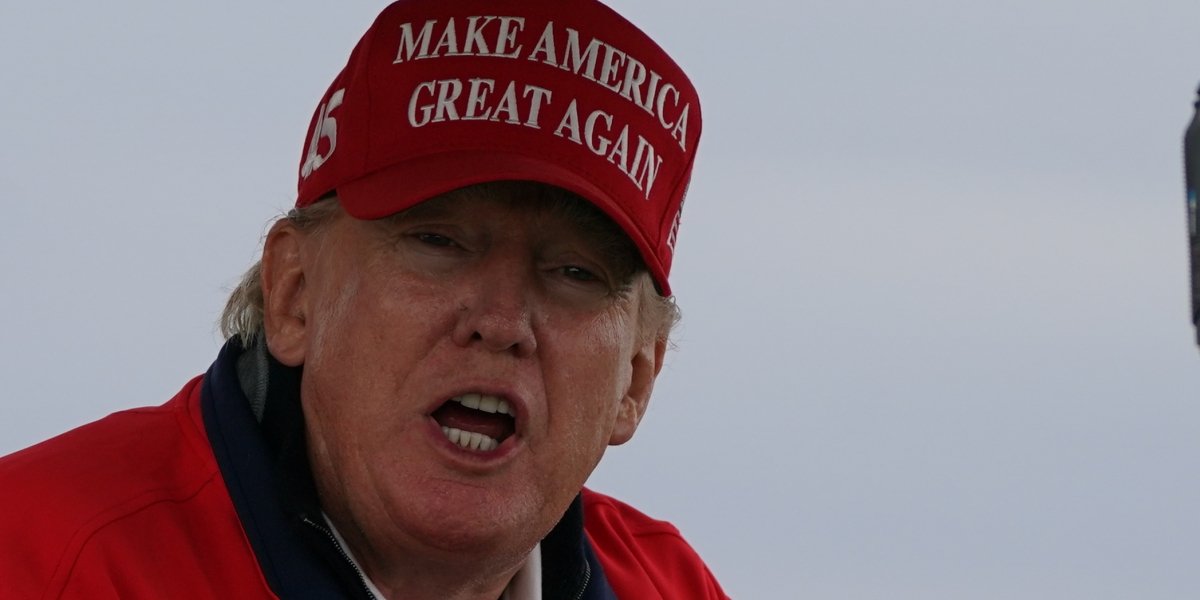Tesla investors worried Elon Musk’s anti-establishment crusade might be alienating his more progressive customers can rest somewhat easier—fans of the brand are drawing a distinction between the man and his company.
Musk built his fortune on the promise to end climate-warming fossil fuels. Yet the past couple of years have seen the tycoon tumble down the alt-right rabbit hole, thundering against the “woke mind virus” and pushing conspiracy theories.
Tesla’s early adopters, many of whom embraced his mission of shifting the world to sustainable energy, are increasingly differentiating between Tesla and its polarizing CEO.
Most Model 3 owners, according to a Bloomgerg poll, nevertheless believe Musk’s public statements are harming Tesla’s mission.
“I feel like my original interest in Tesla was partly built on my trust and interest in him,” one Tesla owner was quoted as saying, “and now my continued interest in Tesla survives despite him.”
Bloomberg reached out to thousands of its original Model 3 survey participants from 2019, car buyers that were taking a chance on the largely unproven mass-market EV, to see whether they were satisfied with their experience owning the vehicle.
The overwhelming answer from these early adopters was an enthusiastic yes. But their feelings towards their erstwhile hero have changed, largely because of his now divisive online persona.
His rhetoric has been called “harmful and often racist” by a vice president of Colgate-Palmolive, his sympathy for Kanye West following the artist’s anti-Semitic tirades have caused concern, and Musk even implied a gay former head of Twitter safety was a groomer in support of pedophilia.
Later Musk went on to describe alt-right target George Soros as a supervillain that “hates humanity”, called for the prosecution of Anthony Fauci, and suggested the recent heart attack suffered by LeBron James’ son was the result of his COVID vaccine.
Early adopters still credit Tesla for revolutionizing the industry
Why do Tesla’s customers then continue to remain loyal to the brand even as its talismanic CEO alienates his traditional core buyers?
Because the challenger took on an entrenched auto industry and ultimately imposed its will successfully, forcing incumbents to adopt its approach.
Tesla is most often credited with revolutionizing the auto industry by making electric vehicles sexy.
But that is only scratching the surface.
Just as important has been its unique approach to software. It introduced vehicles that could be fully updateable and upgradable remotely thanks to its use of a single unifying operating system whose code could make changes throughout the vehicle.
Most automakers still haven’t been able to make the switch.
It also took the risk of building at scale whatever it needed to push the transition to EVs, whether that was its prescient manufacturing partnership with Panasonic, its Supercharger network or even its own silicon chips for advanced driving assistant FSD.
Finally, Tesla also challenged the conventional retail model, going to court for the right to sell directly to customers rather than rely on politically connected dealer groups.
But there is a flip side. Musk is giving his early fans a reason to abandon Tesla precisely at a time when the incumbents are finally launching not just one new EV but a bevy of them.
Among those few that sold their Tesla in favor of a competitor or plan to, the number one reason picked out of a list with 21.5% was “disapproval of Elon Musk”.
This beat out the 18.7% that cited concerns around build quality or customer service—a common complaint due to Tesla focusing on rapid sales growth over all else.
Arguably Musk also was behind the third biggest reason at 17.8%: unhappiness with Tesla’s brand perception
“I’d prefer he not be so tied to the image off Tesla,” another Model 3 owner responded. “I don’t want my car to be an Elon Musk conversation starter.”
So while early adopters still credit Tesla for revolutionizing the industry at nearly every level, their loyalty to Musk is waning.





